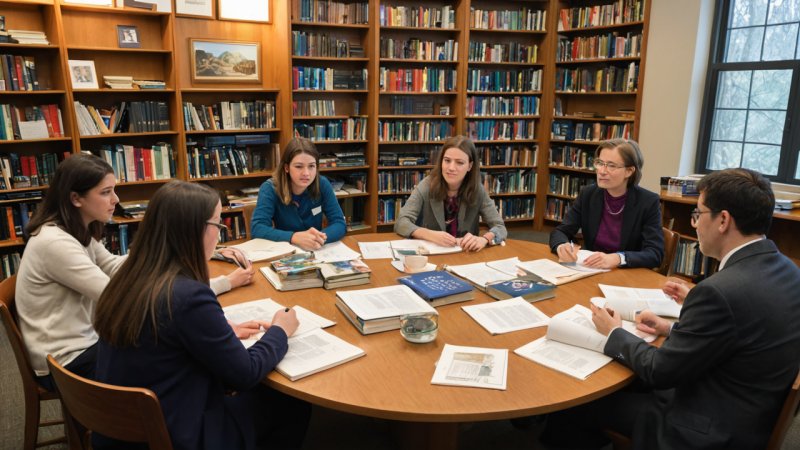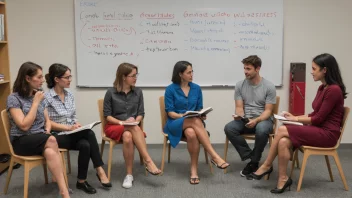The humanities encompass a wide range of disciplines, including history, literature, philosophy, and the arts. While often perceived as less practical than the sciences, the humanities play a crucial role in helping us comprehend and address global challenges. This article explores how humanistic perspectives can provide deep insights into issues such as climate change, migration, inequality, and conflict. One of the key contributions of the humanities is their ability to contextualize current events within historical narratives. For example, understanding the history of colonialism helps us grasp the complexities of contemporary migration patterns and the socio-economic factors that drive people to leave their homes. By examining the past, we can better understand the present and imagine more equitable futures. Literature also serves as a powerful tool for empathy and understanding. Novels, poems, and plays illuminate diverse human experiences, allowing readers to step into the shoes of others. Through storytelling, we can explore the lives of those affected by global crises, fostering compassion and encouraging action. For instance, the works of authors like Chimamanda Ngozi Adichie highlight the intersections of gender, race, and displacement, offering perspectives that challenge dominant narratives. Philosophy, too, contributes to our understanding of global challenges. Ethical discussions about justice, rights, and responsibilities encourage critical thinking about our roles in a rapidly changing world. Philosophical frameworks can guide debates on climate justice, helping us understand who should be held accountable for environmental degradation and how we can create fair policies to support vulnerable communities. The arts also play a vital role in raising awareness of global issues. Visual artists, musicians, and performers can provoke thought and inspire action through their work. Art has the power to capture the urgency of climate change, the plight of refugees, and the struggles against inequality in ways that resonate emotionally with audiences. For example, public art installations can serve as poignant reminders of the impacts of environmental destruction, making abstract issues more tangible. Furthermore, interdisciplinary collaboration between the humanities and sciences can yield innovative solutions to global challenges. By combining empirical research with humanistic inquiry, we can develop more holistic approaches to issues like public health, climate policy, and social justice. This integration allows for a more nuanced understanding of the complexities involved, leading to more effective and inclusive solutions. In conclusion, the humanities are essential for navigating the global challenges of our time. They provide context, foster empathy, encourage critical thinking, and inspire action. By understanding the human experience through literature, history, philosophy, and the arts, we can cultivate a more informed and compassionate global citizenry. As we face pressing issues that require collective action, the insights gained from the humanities can guide us towards a more equitable and sustainable future.
Understanding Global Challenges Through the Humanities
Discover how the humanities provide valuable insights into global challenges like climate change, migration, and inequality.






